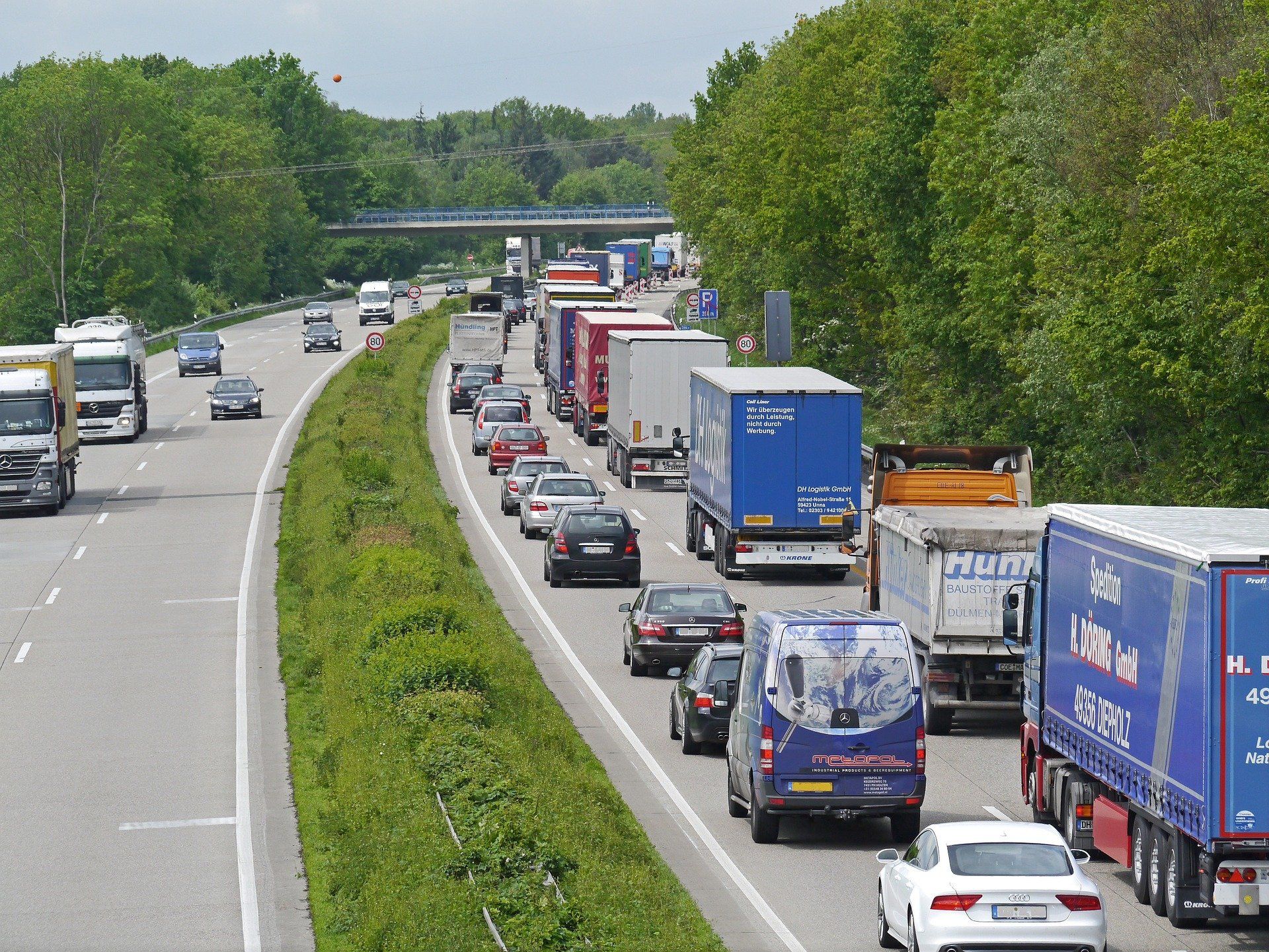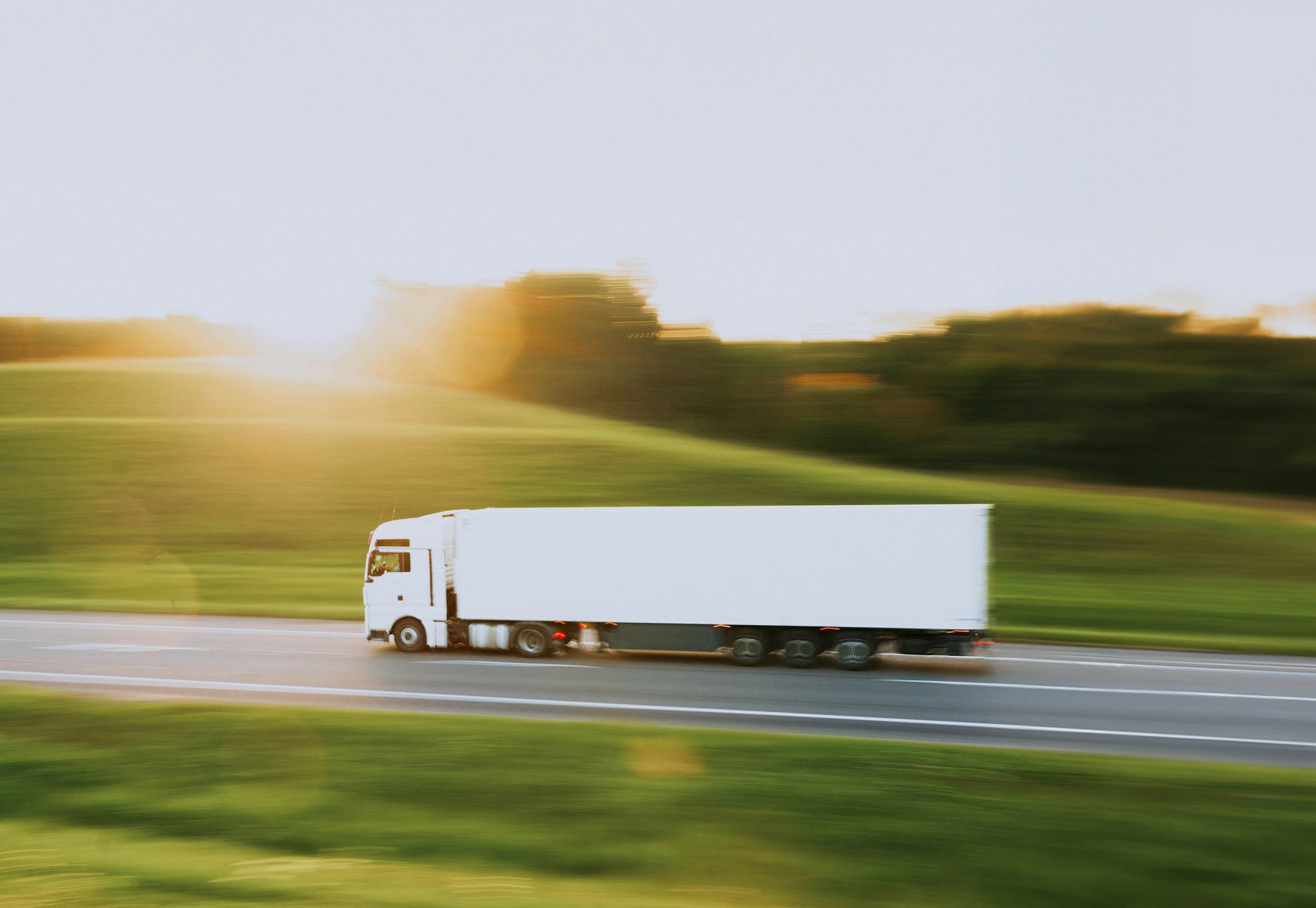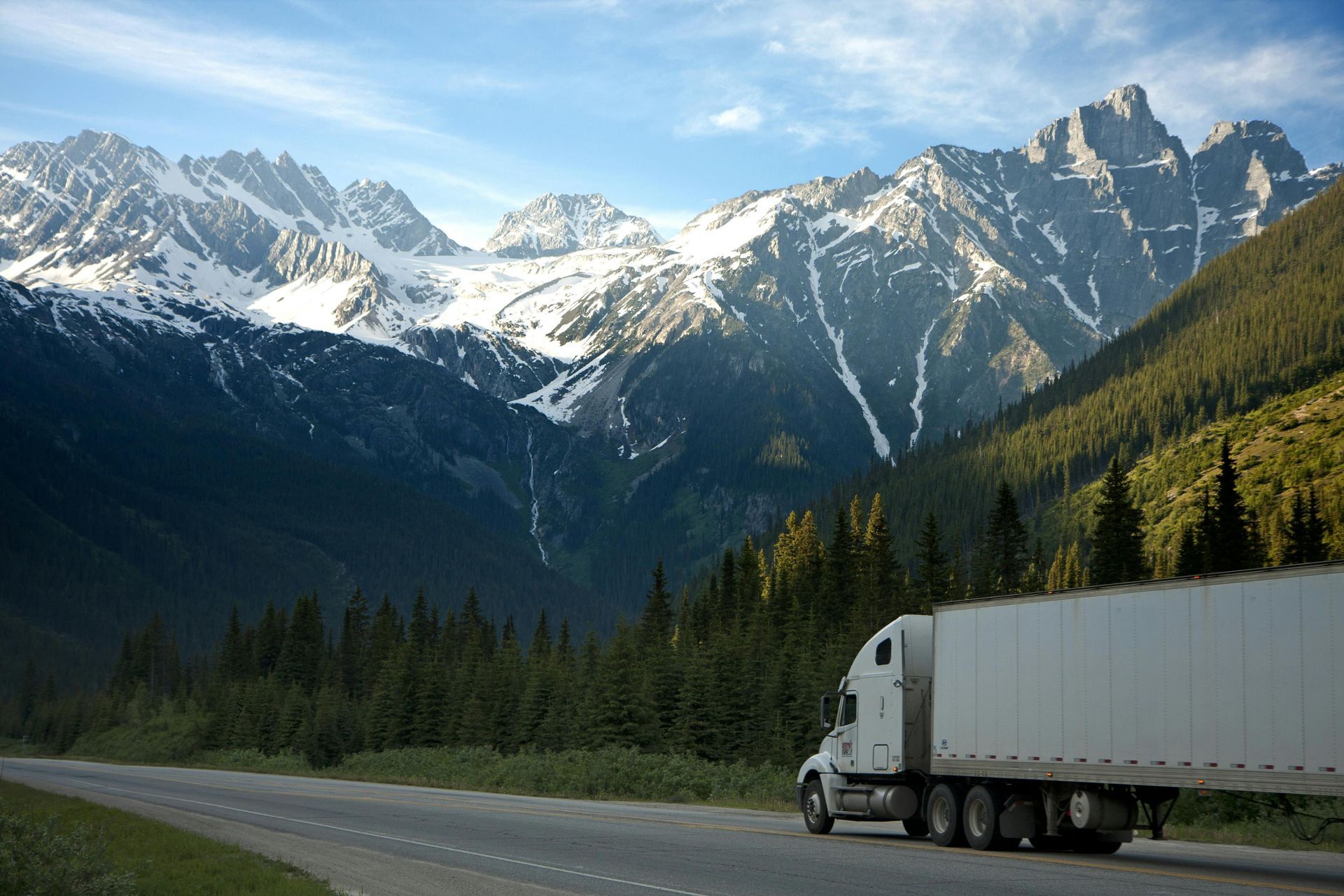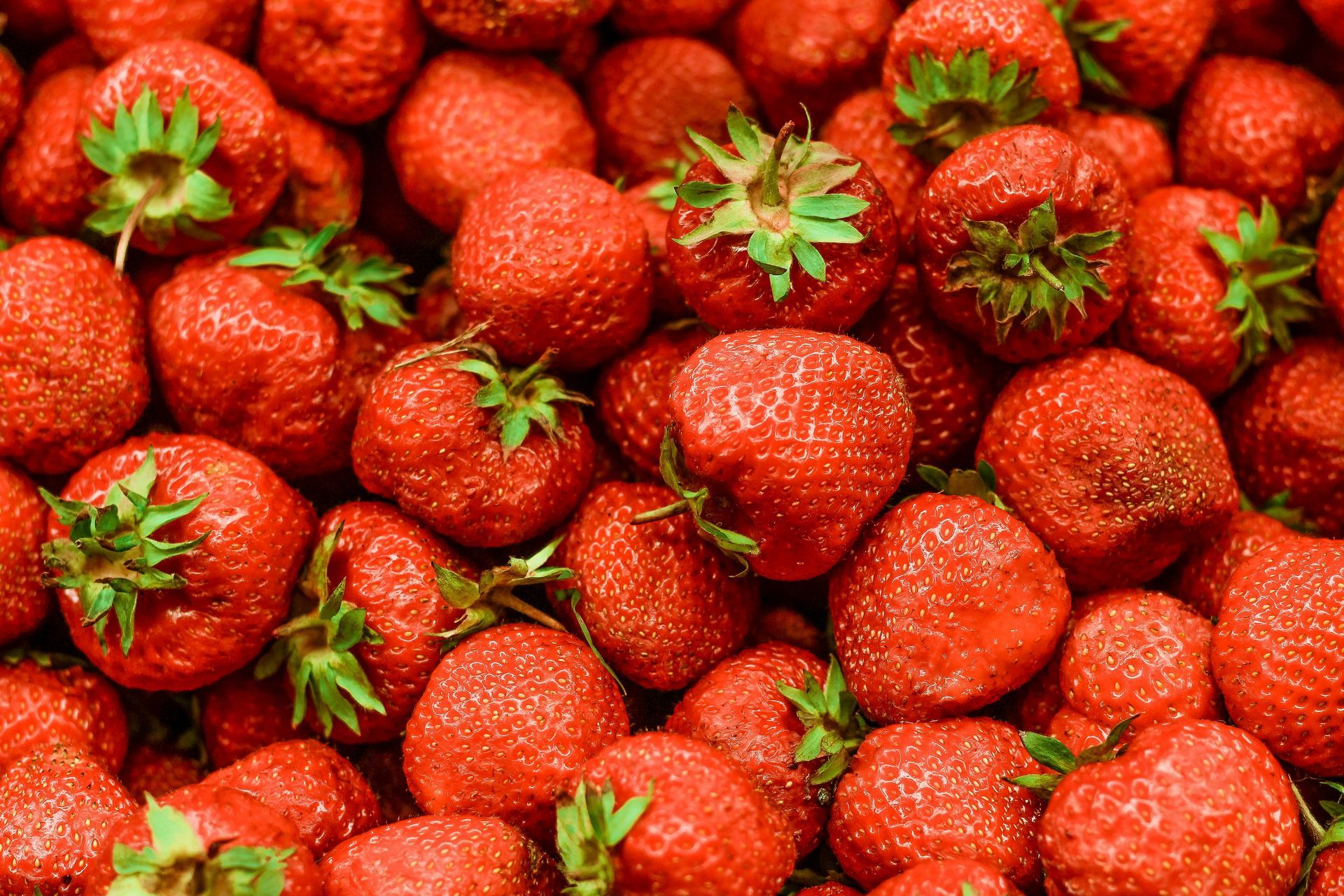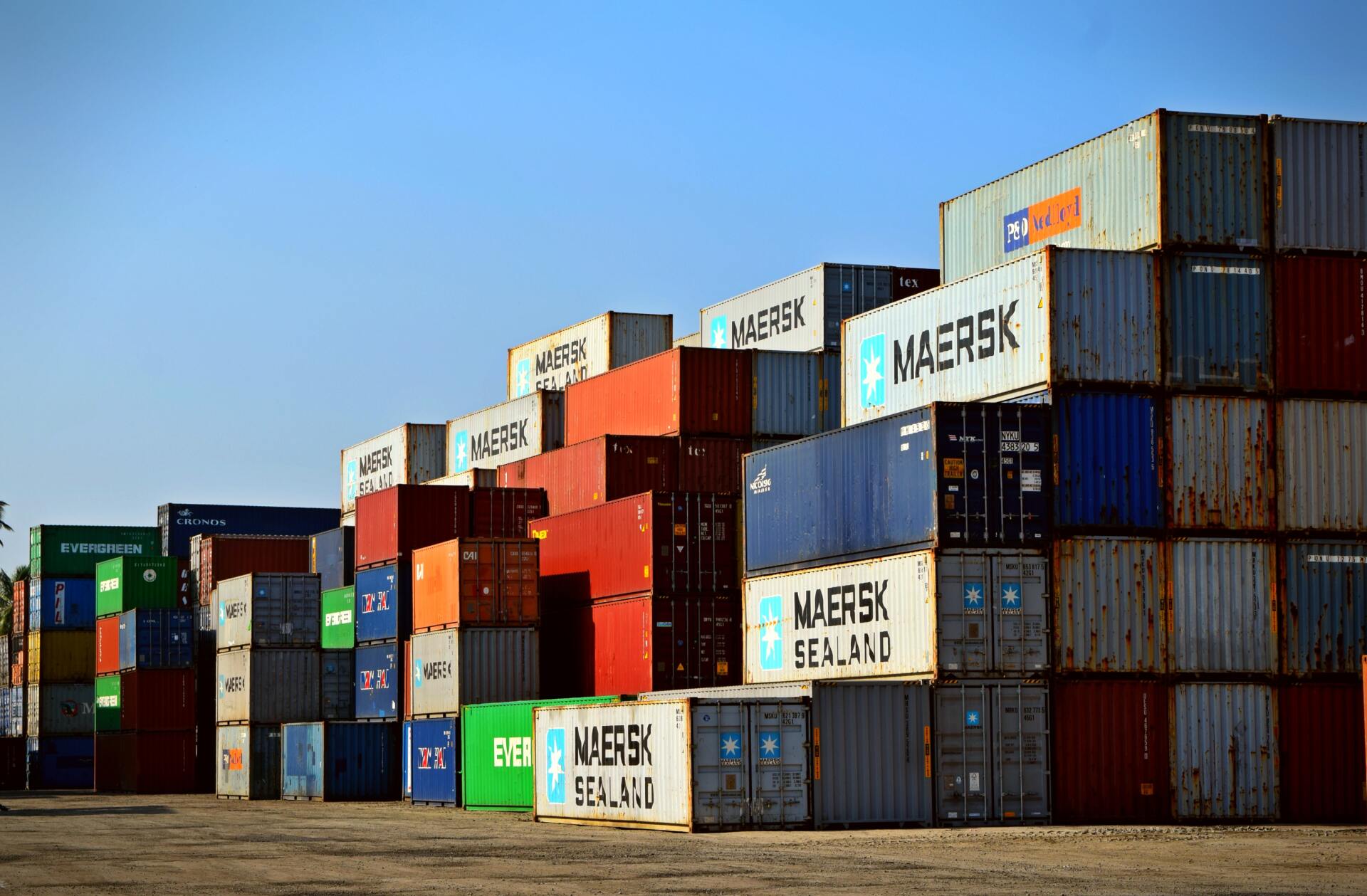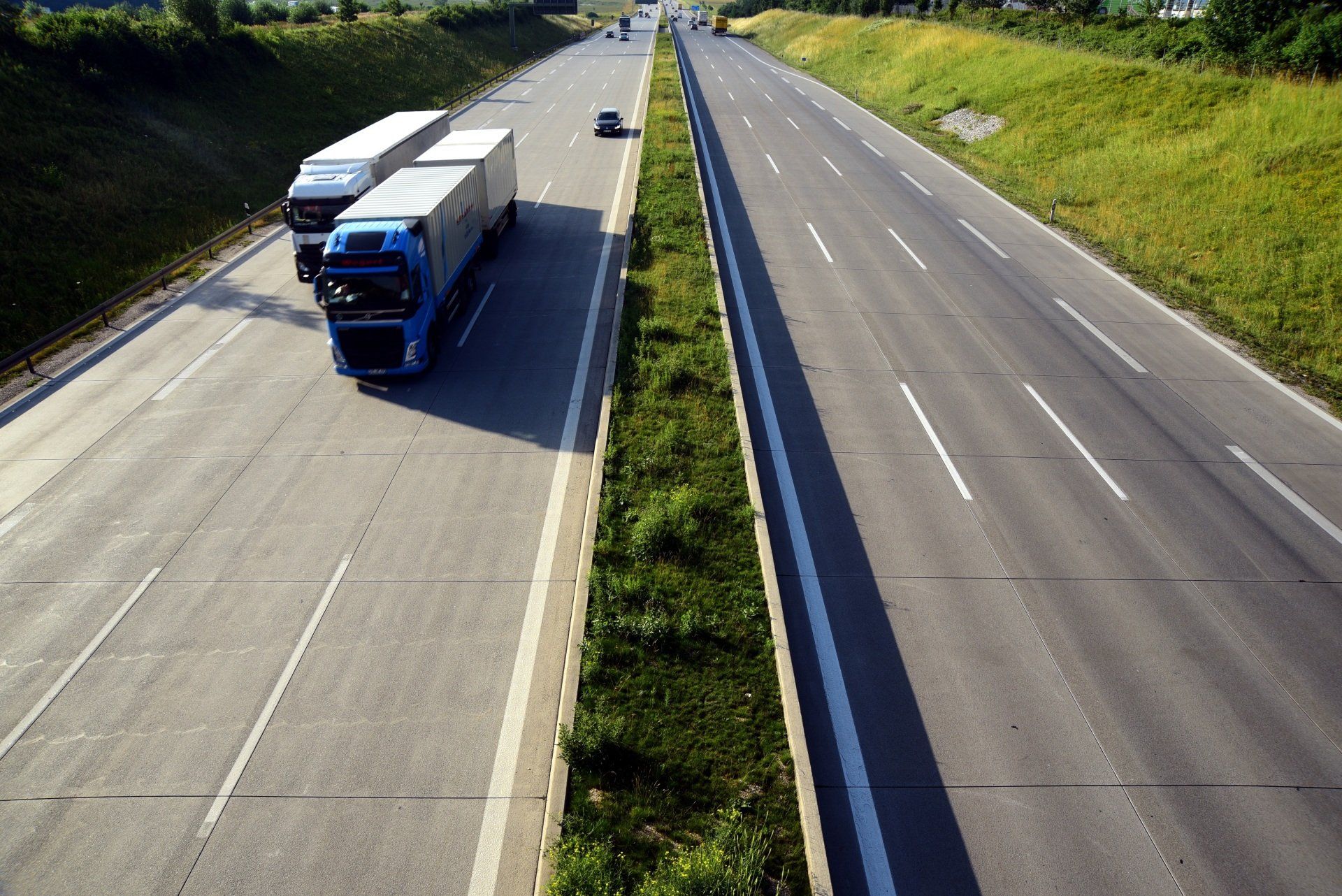VAT and customs duties, what will change in trade between Europe and Great Britain?
December 10, 2020
VAT and customs duties, what will change in trade between Europe and Great Britain?
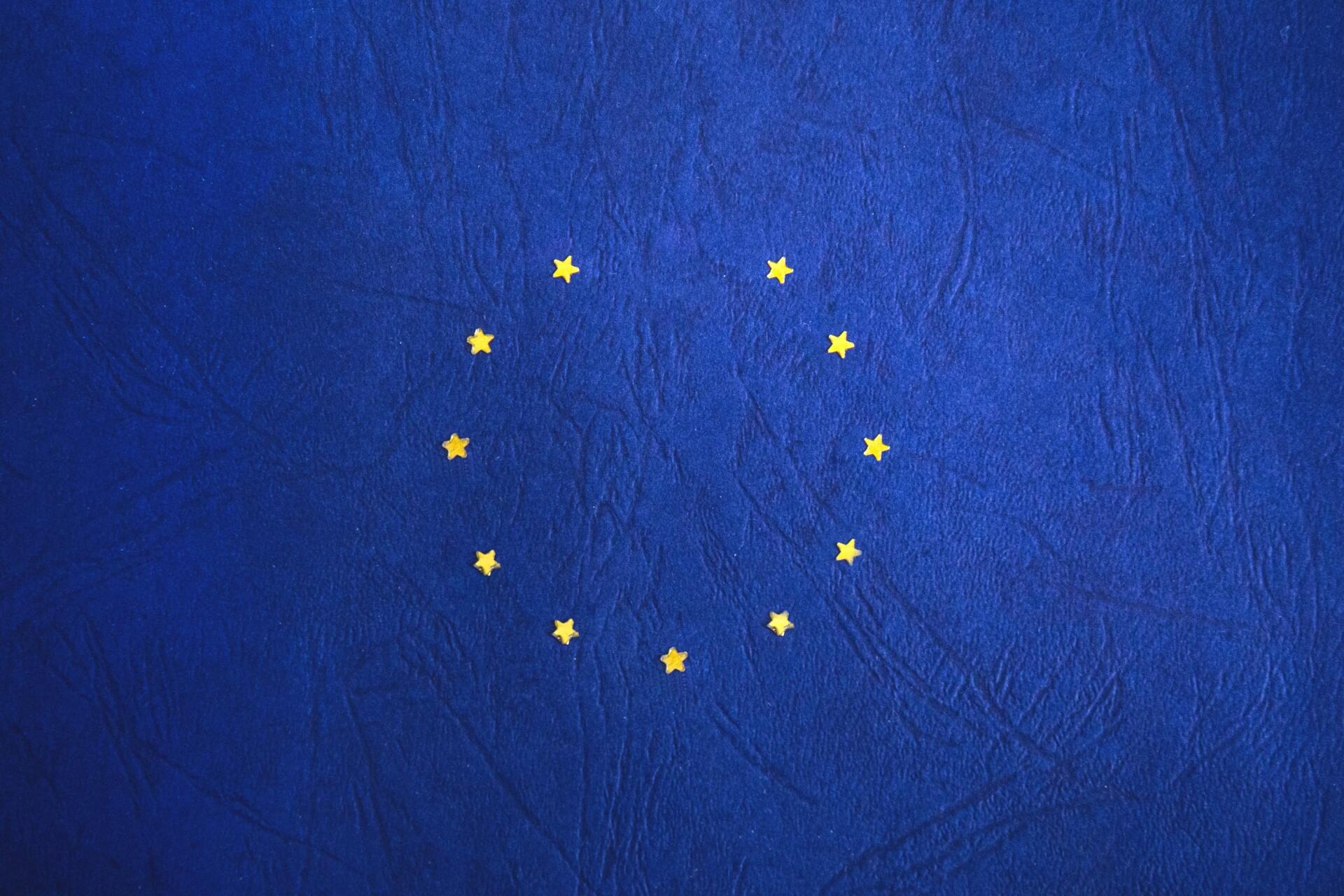
The transitional period after which the United Kingdom will finally leave the European Union ends on December 31st. The border between the UK and the European Union will be much more noticeable especially for freight forwarders, shippers, import and export companies.
Under the Withdrawal Agreement, the country has now been officially designated as a "third country" by the EU and therefore no longer participates in the EU's decision-making process.
We still do not know whether a trade deal with the EU will be negotiated or whether it will be a no-deal. However, the situation with most aspects of international trade in terms of VAT and customs is already known and will not change no matter how the negotiations between the EU and the UK end.
How does it look like now?
* B2B transactions (business to business) sales from Great Britain to the European Union.
For business-to-business sales, the UK seller receives the EU customer's VAT number. Sales are made based on a reverse VAT charge with a zero VAT rate. EU companies include VAT in their VAT returns.
UK companies also report the EC Sales List (ECSL) and if their imports or deliveries value reaches the threshold values, an Intrastat return is also required.
* B2C transactions (business to consumer) sales from Great Britain to the European Union.
The UK seller send the goods to a consumer in the EU, i.e. to a customer who does not conduct business. Such sale is treated as sale within the UK itself and VAT is charged at the appropriate UK VAT rates ( 0%, 5% or 20% ), all depend of what the goods are. If the annual value of total sales exceeds the distance sales threshold ( in many EU Member State it is EUR 35,000 ), the UK company must stop charging UK VAT and register in the EU country where the distance selling threshold is exceeded.
* Sales from the European Union to Great Britain,
The UK buyer applies the reverse charge to settlements in the VAT declaration - i.e. the opposite situation to that described above.
What will change?
Effective January 1, 2021, the reverse charge, the ECSL (B2B) and the distance selling (B2C) thresholds will no longer apply.
For both B2B and B2C, the transactions will be subject to a zero rate for exports to the European Union, and the recipient will be responsible for import Duty & VAT. Intrastat declarations will continue to be required by HMRC for statistical purposes.
Shipments of goods worth less than £ 135 will be subject to sales VAT in 2021, not import VAT.
From 1 January 2021, the terms as 'shipment' and 'arrivals' will no longer apply to UK businesses, they will be replaced with the words import and export. We will only talk about import and export.
European companies will be required to submit customs declarations when goods are transported between the UK and the EU. If European companies fail to complete the relevant customs formalities, the goods they transport will not be allowed to cross the border.
The introduction of customs duties for sure will change the competitiveness and profitability of goods imported from abroad.
Yesterday, On Twitter, Boris Johnson said:
“A good deal is still there to be done. But whether we agree trading arrangements (…), the United Kingdom will prosper mightily as an independent nation”
We are looking forward to the good news from Brussels!
Share this story

Navigating imports and exports between Europe and the United Kingdom has become more challenging after Brexit. With new rules and procedures in place, businesses must stay informed and adaptable. If you or your business plans to export goods from any European country to the UK, it's important to understand the current regulations. Our new article will guide you through the key steps to ensure a smooth export process.

In view of the upcoming holiday season, we would like to take this opportunity to thank our customers, logistics and overseas partners for their continued support and cooperation that we have established over the past year, and to advise on our services during the festive season. Our office will be open until 4 p.m. on Friday, December 24. We will then re-open on Tuesday 28 from 8am with fewer staff. May we be the first to wish you a Merry Christmas and a peaceful and prosperous 2022! INTL Network Logistics Team

